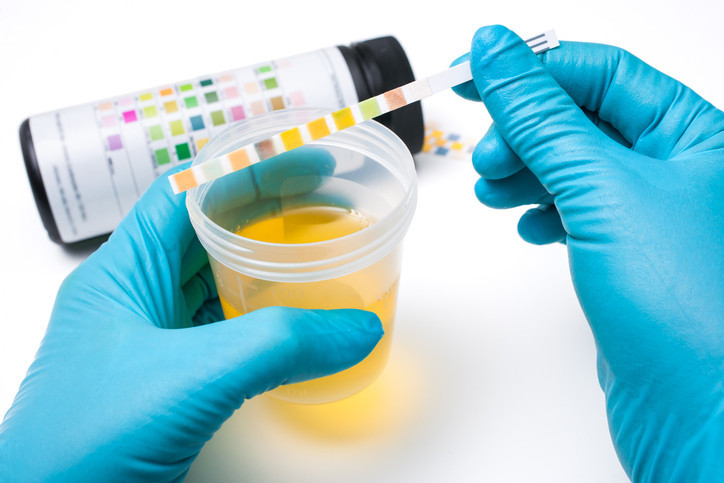Do you keep getting urinary tract infections? Here's what you need to know

Urinary tract infections (UTIs) bring a unique misery. If you've had one (or more than one), you know the seemingly constant feeling of having to go to the bathroom and the burning feeling when you do urinate.
Most UTIs get better quickly with a course of antibiotics. But for some people, UTIs keep coming back with frustrating frequency. For example, abnormalities in the urinary tract or trouble completely emptying the bladder may make a person more vulnerable to frequent UTIs. You may be surprised to learn that family history may also play a role. Having a first-degree female relative (parent, sister, or child) with a history of more than five UTIs means you may be at higher risk for recurrent UTIs.
Steps to help you avoid recurrent UTIs
Physicians define someone as having recurrent UTIs if they have three infections in any 12-month period, or two infections in any six-month period.
Recurrent UTIs can have social, emotional, and financial consequences, including anxiety, depression, missed work, and the costs of multiple office visits and tests. Still, there are some steps you can take that can help avoid recurrent UTIs:
- Talk with your doctor. If infections tend to occur after sexual activity, your doctor may prescribe a single dose of an antibiotic to be taken only after sex. Postmenopausal women might consider vaginal estrogen products to help maintain local tissue health.
- Practice good hygiene. In addition to regularly washing the outer genital area with a gentle soap, wiping from front to back after using the toilet helps prevent spreading bacteria from the digestive tract to the urethra. Urinating after sex can also help flush out bacteria.
- Drink plenty of water. Drinking plenty of fluids can help flush bacteria from bladder.
- Consider your birth control method. Spermicide, diaphragm, or spermicide-lubricated condoms can contribute to frequent UTIs. If you get UTIs often and use one of the methods, consider switching.
- Consider probiotics or cranberry juice. While the effectiveness of these products has not been proven, they may help decrease the number of UTI-causing bacteria that live in the vagina.
For more on information on recurrent UTI's, check out Urinary Tract Infection, a Special Health Report from Harvard Medical School.
Image: © AlexRaths | GettyImages
Disclaimer:
As a service to our readers, Harvard Health Publishing provides access to our library of archived content. Please note the date of last review or update on all articles.
No content on this site, regardless of date, should ever be used as a substitute for direct medical advice from your doctor or other qualified clinician.















